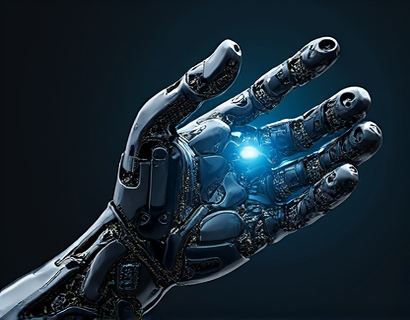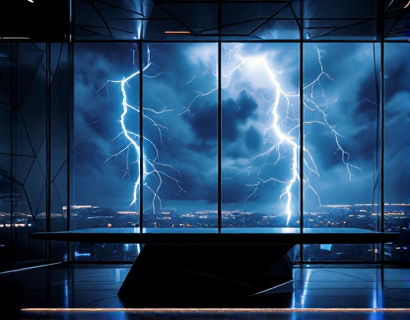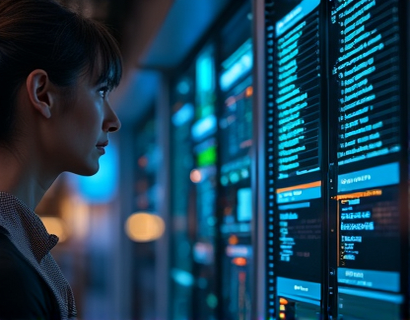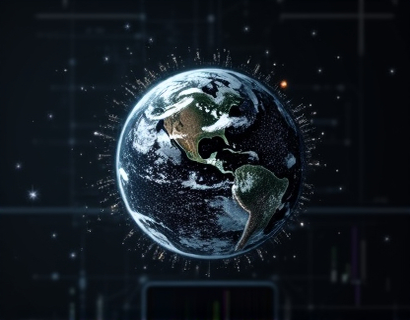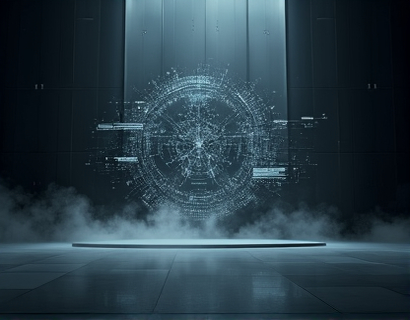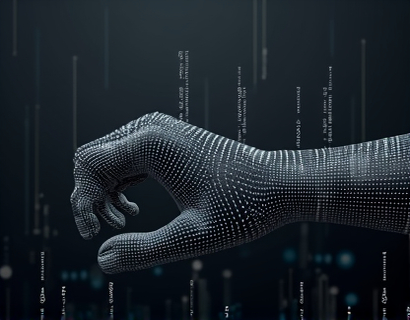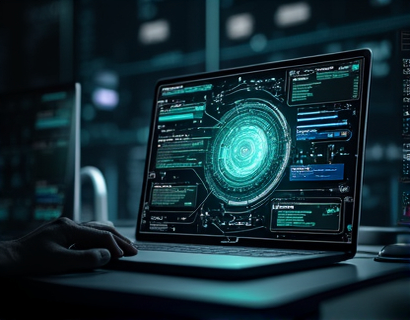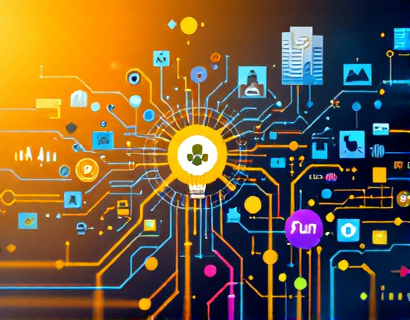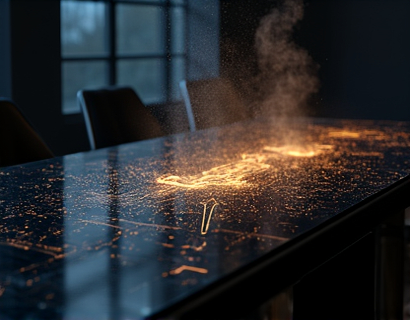Blockchain-Expert Notarization: A New Era of Document Security and Efficiency
In the digital age, the need for secure and efficient document authentication has become paramount. Traditional notarization processes, while trusted, often suffer from inefficiencies, lack of transparency, and vulnerability to tampering. The advent of blockchain technology offers a revolutionary solution, providing a robust framework for document authentication that is both secure and efficient. This article delves into the world of blockchain-expert notarization, exploring how this cutting-edge technology is transforming the way we handle document integrity and accessibility.
Understanding Blockchain Technology
Before diving into the specifics of blockchain-expert notarization, it's essential to understand the fundamental principles of blockchain technology. At its core, a blockchain is a decentralized digital ledger that records transactions across multiple computers in such a way that the registered transactions cannot be altered retroactively. This technology ensures transparency, immutability, and security, making it an ideal candidate for document authentication.
Each block in the chain contains a cryptographic hash of the previous block, a timestamp, and transaction data. This structure creates an unbreakable link between blocks, ensuring that any attempt to alter a block would require changing all subsequent blocks, which is computationally infeasible. This inherent design provides a high level of security and trust, which is crucial for document notarization.
Traditional Notarization vs. Blockchain-Expert Notarization
Traditional notarization involves a public official, known as a notary, who verifies the identity of the signatories and the authenticity of the document. While this process is widely accepted, it often involves manual paperwork, long processing times, and potential points of failure such as human error or document loss.
In contrast, blockchain-expert notarization leverages the decentralized and immutable nature of blockchain to provide a more streamlined and secure process. Here’s how it compares:
- Security: Blockchain ensures that once a document is notarized, it cannot be altered or tampered with. Traditional notarization relies on the security of physical documents and the integrity of the notary, which can be compromised.
- Transparency: Every step in the blockchain notarization process is recorded on the blockchain, providing a transparent and auditable trail. Traditional methods often lack this level of transparency, making it difficult to verify the authenticity of documents.
- Efficiency: Blockchain notarization can be completed in minutes, whereas traditional methods can take days due to processing times and the need for physical document transfer.
- Accessibility: With blockchain notarization, documents can be verified and authenticated from anywhere in the world, as long as there is internet access. Traditional notarization is often bound by geographical limitations.
How Blockchain-Expert Notarization Works
The process of blockchain-expert notarization involves several key steps, each designed to ensure the document's integrity and authenticity:
1. Document Preparation
The document to be notarized is prepared and digitized. This may involve scanning physical documents or creating digital versions directly. The document is then reviewed to ensure it meets the required standards and is free from any issues.
2. Identity Verification
The identity of the signatories is verified using advanced cryptographic methods. This step ensures that only authorized individuals can sign the document, adding an extra layer of security.
3. Blockchain Integration
The digitized document and the verified signatures are then recorded on the blockchain. This involves creating a unique cryptographic hash for the document, which is linked to the previous block in the chain. This process creates an immutable record that cannot be altered without detection.
4. Notarization
The notarization process is executed by a blockchain-based notary. This notary digitally signs the document, adding their credentials and a timestamp to the blockchain record. This digital signature serves as a formal verification of the document's authenticity.
5. Distribution and Verification
Once the document is notarized, it is distributed to all relevant parties. Any party can verify the document's authenticity by checking the blockchain record. The cryptographic hash ensures that any alteration to the document would be immediately detectable, as it would change the hash.
Benefits of Blockchain-Expert Notarization
The adoption of blockchain technology in notarization brings numerous benefits that enhance the overall document authentication process:
Enhanced Security
The immutable nature of blockchain ensures that once a document is notarized, it cannot be tampered with. This provides a high level of security against fraud and unauthorized modifications.
Increased Transparency
Every step of the notarization process is recorded on the blockchain, creating a transparent and auditable trail. This transparency builds trust among all parties involved and simplifies the verification process.
Improved Efficiency
Blockchain-expert notarization significantly reduces the time and effort required for document authentication. The automated and decentralized nature of the process eliminates bottlenecks and speeds up the entire workflow.
Global Accessibility
Since blockchain operates on a global network, documents can be notarized and verified from anywhere in the world. This removes geographical barriers and makes the process more accessible for international businesses and individuals.
Cost Reduction
By eliminating the need for physical documents and reducing the involvement of intermediaries, blockchain-expert notarization can lower costs associated with traditional notarization methods.
Challenges and Considerations
While the benefits of blockchain-expert notarization are clear, there are several challenges and considerations to keep in mind:
Regulatory Compliance
The legal framework for blockchain-based notarization is still evolving. Ensuring compliance with local and international regulations is crucial for the widespread adoption of this technology.
Technical Expertise
Implementing blockchain solutions requires a certain level of technical expertise. Organizations may need to invest in training or partner with experts to integrate blockchain technology effectively.
Interoperability
Different blockchain platforms may have varying standards and protocols. Ensuring interoperability between systems is essential for seamless integration and widespread use.
User Adoption
Gaining trust and encouraging adoption among users is vital. Education and demonstration of the benefits are key to overcoming initial resistance to new technology.
Future of Document Authentication
The integration of blockchain technology in notarization represents a significant step forward in document authentication. As more organizations recognize the advantages of this approach, we can expect to see broader adoption and further innovations. The future of document security and accessibility is increasingly tied to blockchain solutions, offering a promising path for enhancing trust and efficiency in various industries.
In conclusion, blockchain-expert notarization is not just a technological advancement but a transformative shift in how we ensure the integrity and authenticity of documents. By leveraging the unique properties of blockchain, this approach provides a secure, efficient, and transparent solution that meets the demands of the modern digital landscape.
















